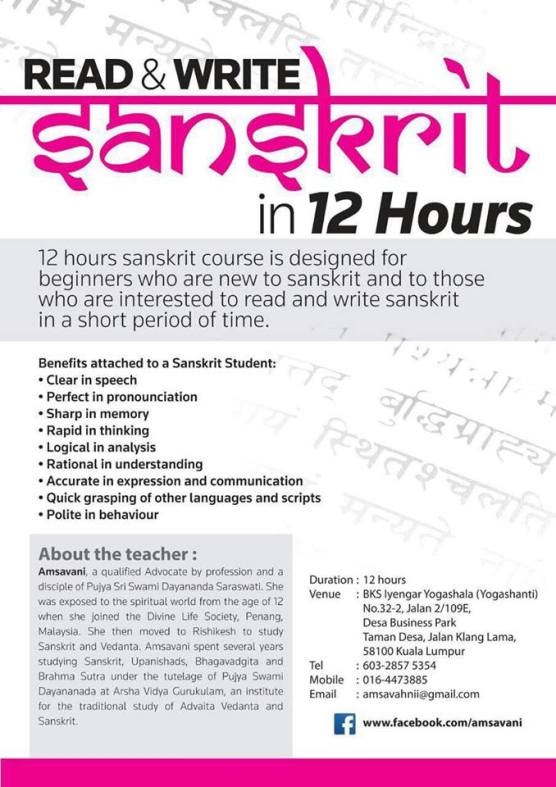There is a popular view amongst those who have exposed themselves to Vedanta that they need a special experience for liberation and that knowledge alone is not enough. To further complicate matters they divide knowledge into direct and indirect.
This confusion is born of not understanding the nature of the subject and the study of vedanta. The confusion is between the Real Self (Atma) and what you have taken yourself to be – the Superimposed Self (Jiva).
Vedanta is only saying that this difference is apparent and in doing so it makes you “see” the identity between these two. In fact, the truth is that there are no two. There is only one. Your ignorance or not understanding this fact makes you believe and see two. The seeking self and the sought self are one and the same. This is similar to the story of the desperate tenth person searching for the missing tenth person.
Realization of the tenth person is not a new experience but a recognition of a fact which already and always existed. If at all there is any experience then it lies only in your seeing the actions that led you to such an understanding.
It is a cognitive change, and it is this change that is called realization or direct knowledge.
Realization in Vedanta is not about striving for a new experience but about putting all the experiences you have had so far into proper perspective. It is about seeing a familiar experience with the eye of knowledge. Some people like to call this the “third eye” of Shiva.
In the clear understanding of Vedanta, all confusions born of wrong understanding between direct and indirect knowledge is negated.
Vedanta is said to be the direct means of knowledge in regard to the self. Exposure to this knowledge will not bring in any new experience to you. It only reveals who you are to you -‘Tattvamasi’.



